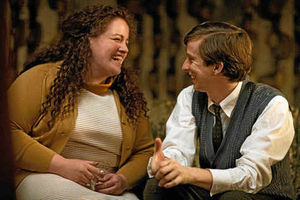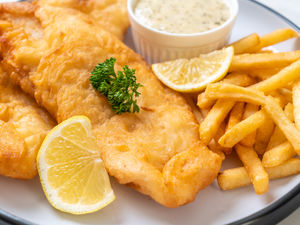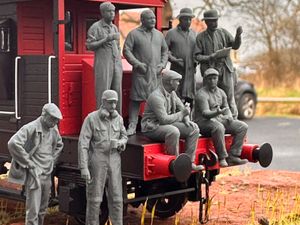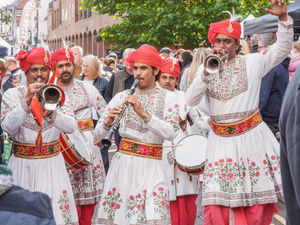White heat - TV review
Nostalgia isn't what it used to be. Looking back on the past used to give you a nice warm glow. But in the first episode of this six-part series, dubbed The Past Is A Foreign Country, rolling back the years merely unravelled a web of angst.

Nostalgia isn't what it used to be. Looking back on the past used to give you a nice warm glow. But in the first episode of this six-part series, dubbed The Past Is A Foreign Country, rolling back the years merely unravelled a web of angst.
Comparisons to BBC Two's classic Our Friends in the North will be inevitable with this new drama, as it charts the lives of a group of friends over the decades.
The plot focuses on a socially, culturally and economically diverse bunch of seven students who meet as flatmates in 1965. The story begins in the present day, with a careworn Juliet Stevenson playing the older version of Claire Foy's fledgling feminist Charlotte.
She returns to the home she shared with her student pals many years before and we learn that one of the seven has died and left the flat to the others.
So, which one died? Well, three of them are definitely still alive – obviously Charlotte, and we also get to see the older versions of Jamaican law student Victor and art student Lilly.
As Lilly nostalgically peels back the wallpaper to reveal the silver paper that adorned the walls in the old days, the action whizzes back to the past, with Sixties' fashions and music firmly in the spotlight, and all the idealism of youth. Charlotte discovers women's liberation while watching telly, and we also learn from black and white news reports that Winston Churchill is on his death-bed.
Writer Paula Milne clearly wants us to care about the characters, but this is where the problem lies – they appear a little two-dimensional and not fully realised.
Why does Charlotte, an intelligent young woman, immediately start fancying rebel without a cause Jack (Sam Claflin), who is one of the most instantly unlikeable characters ever to grace the small screen? Sockless, scabby-jumpered and floppy-haired, this son of an MP hates Churchill and all that he stands for but his protests are painfully childish and self-obsessed.
"You get so angry because you feel," coos Charlotte to Jack after a particularly infantile outburst, at which point it's time to start cringing. The dialogue doesn't feel very convincing – it's all angsty philosophising and sloganeering.
After a night of passion with Jack, Charlotte pipes up: "How can we have equality in the boardroom if we don't get it in the bedroom first?"
This delights Jack, who thinks it means that their encounter is merely no-strings fun. Cue Charlotte's mortified face. A rather predictable soap opera moment, to say the least.
The other characters are even sketchier – we know little of Lilly, except that she smeared paint on herself and then used her own body to create a piece of art after her slimy tutor (Julian Barratt) tried to hit on her.
Orla (Jessica Gunning) is a kind-hearted Irish Catholic girl who develops a crush on handsome Asian medical student Jay (Reece Ritchie). He lends her a comforting ear at the kitchen table while clad only in a pair of Y-fronts.
Of course, he turns out to be gay – and he wants it kept quiet. As for Alan (Lee Ingleby), what did he do again? He's already fading like an old memory.
Sadly, the most entertaining part of last night's show was playing Guess Which One Died. My money's on Jack.
Heather Broome





